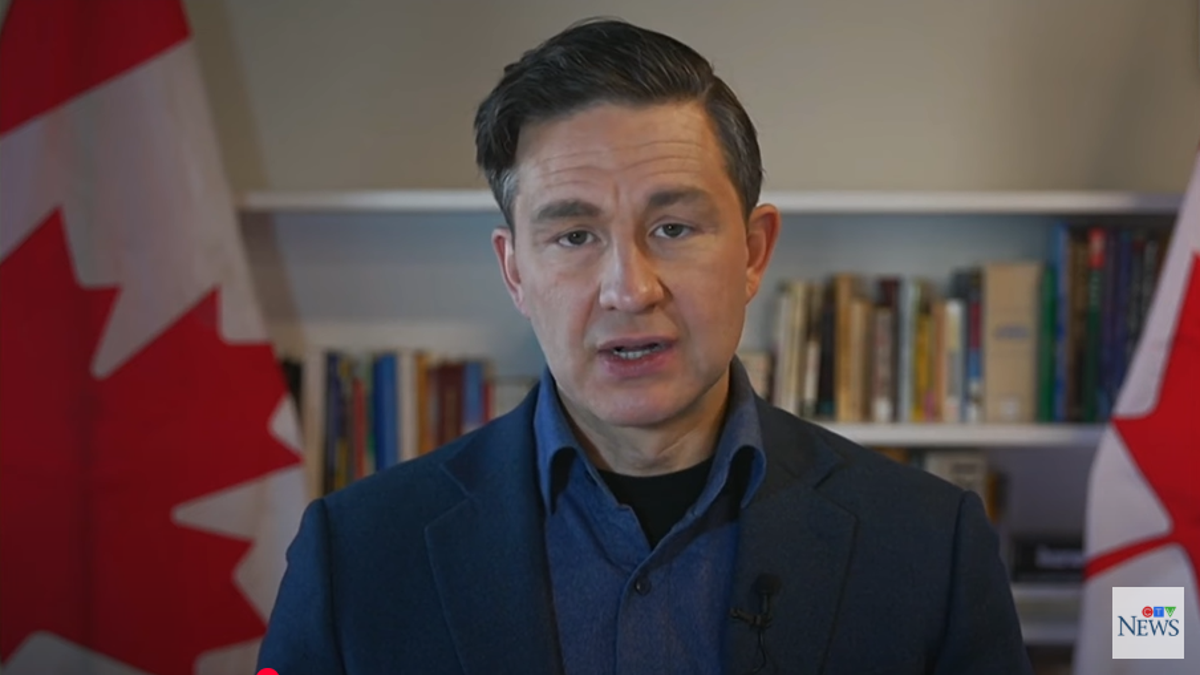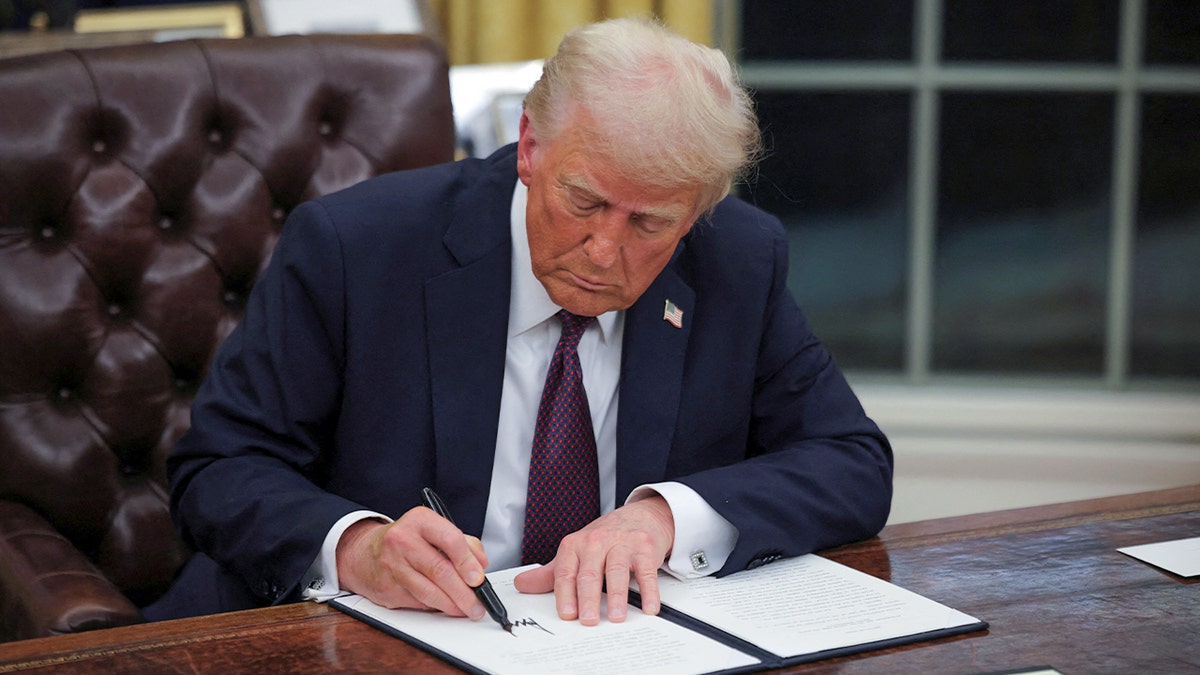In a recent interview, Canadian Conservative Party leader Pierre Poilievre questioned a journalist about the existence of genders beyond male and female. This exchange occurred while discussing former U.S. President Donald Trump's executive order recognizing only two genders.
Trump's executive order, titled "Defending Women From Gender Ideology Extremism and Restoring Biological Truth To The Federal Government," aimed to counteract what he perceived as excessive far-left identity politics within the government. It mandated that all government-issued identification, including passports, accurately reflect an individual's biological sex, overturning the Biden administration's allowance of "X" as a gender marker.
During an interview with CP24's Phil Perkins, Poilievre, a prominent contender to replace current Prime Minister Justin Trudeau, was asked about his stance on Trump's executive order. Poilievre responded by asking Perkins if he could name any genders other than male and female.

Perkins attempted to clarify his question, emphasizing his interest in Poilievre's alignment with Trump's views. Poilievre reiterated his understanding of only two genders and invited Perkins to provide further examples. Perkins then identified himself as a "cis-man," to which Poilievre agreed they shared common ground as men.
Perkins brought up the existence of individuals who identify as gender-neutral or transgender, questioning whether Poilievre would acknowledge these identities. Poilievre maintained his position, stating his awareness of only two genders but welcoming further information. He emphasized his belief that the government should refrain from interfering in people's personal lives.

When questioned about the recognition of passports with alternative gender markers, Poilievre shifted the focus to more pressing issues affecting Canadians, such as homelessness, poverty, rising housing costs, and increasing crime rates. He expressed his commitment to empowering citizens, ensuring fair wages and pensions, and fostering safe communities.

Poilievre stated his intention to prioritize policies that improve the lives of Canadians, contrasting his approach with what he characterized as the liberal focus on gender identity labels on passports. He reaffirmed his dedication to addressing the economic challenges faced by Canadian citizens.








